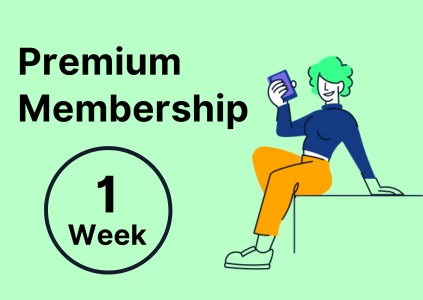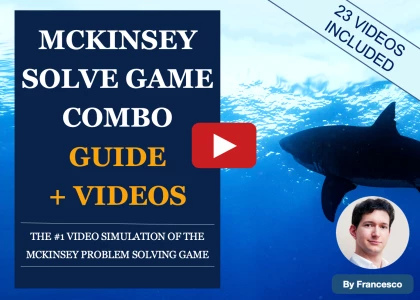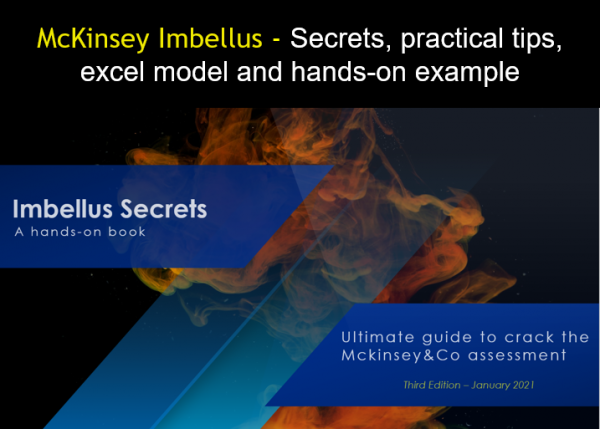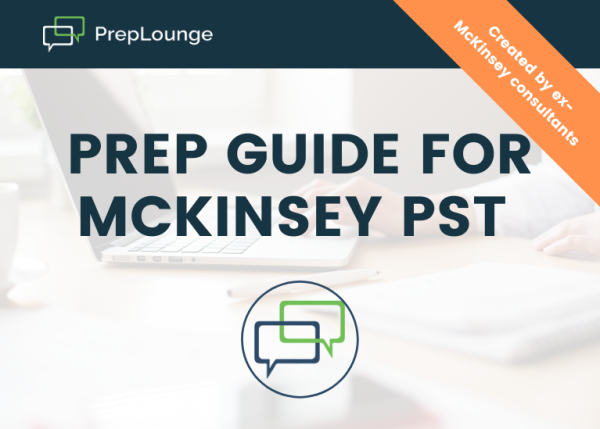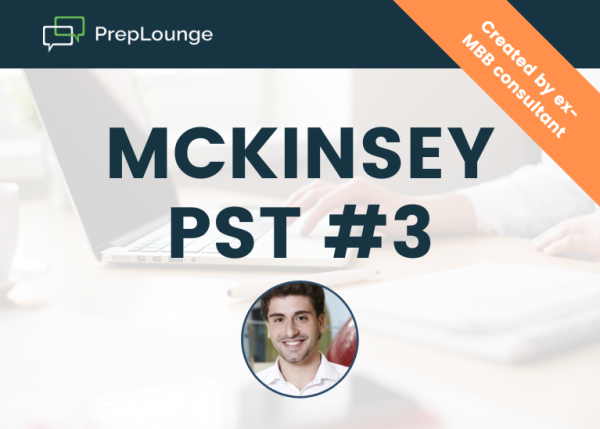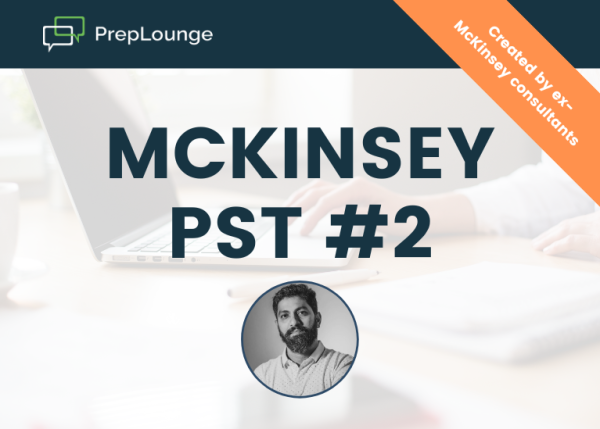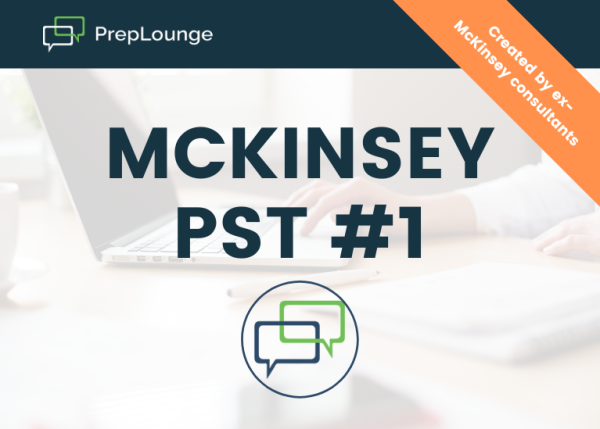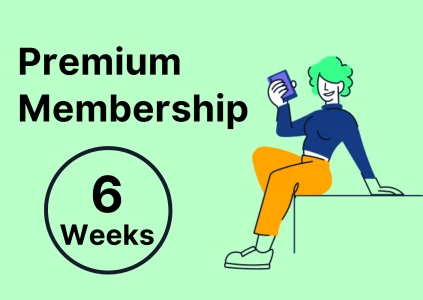Hi all! I passed my first round interview at McKinsey and am preparing for the second round. One of the biggest feedbacks my first round interviewer gave me was to be more conversational when presenting the initial framework.
What I did in the first interview:
- Restate the case to make sure the facts are correct
- Wait for first question from interviewer (prompting me to create a framework)
- Ask further questions
- Ask for 2 minutes to create framework
- Present framework
It seems like my interviewer thought that I took too long in writing the framework and wished that I had come up with Level 1 buckets in a minute and going into Level 2 with the interviewer (as opposed to using the whole 2 minutes writing L1, L2, L3).
My question is, how would that play out? I think it would be hard to come up with L2 analyses on the fly. How can I incorporate the interviewer in my answers?




